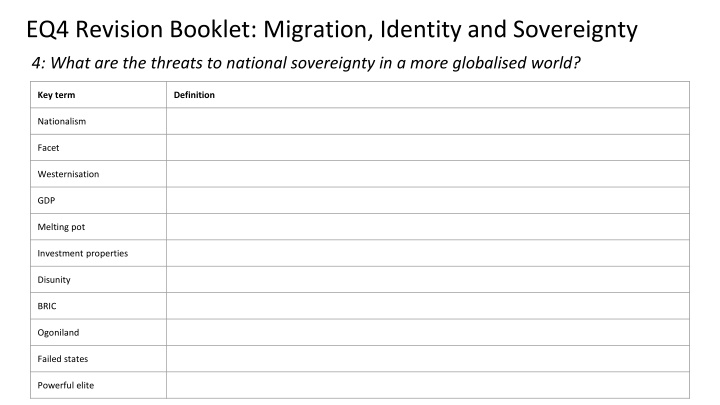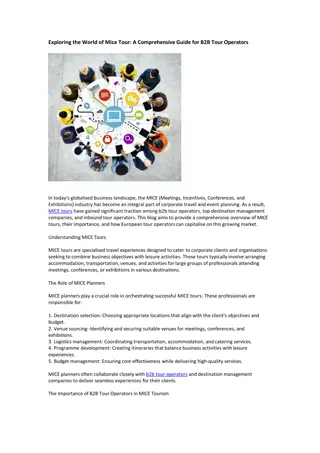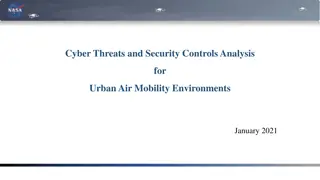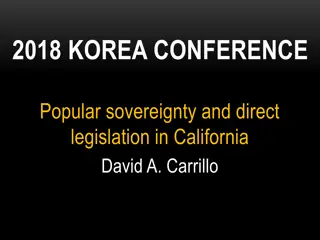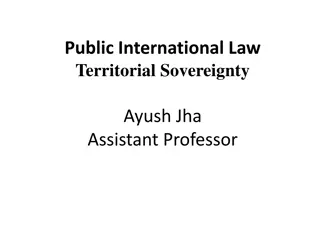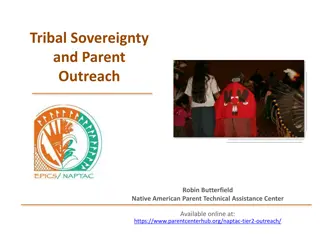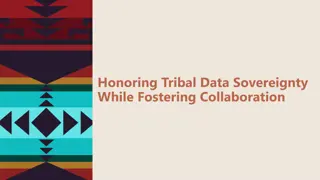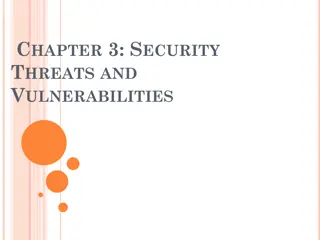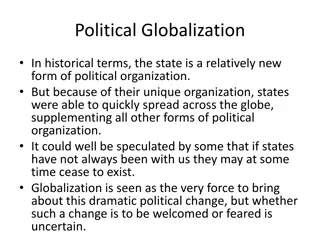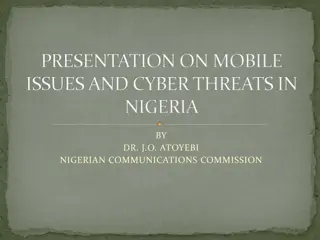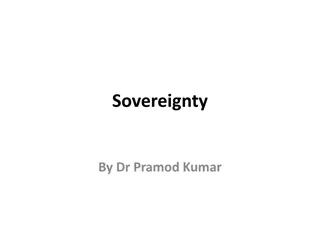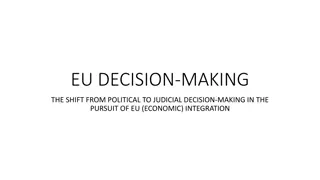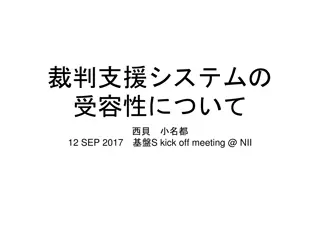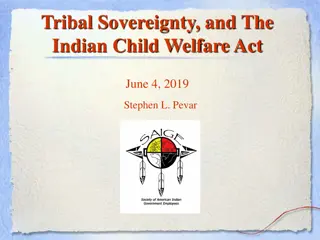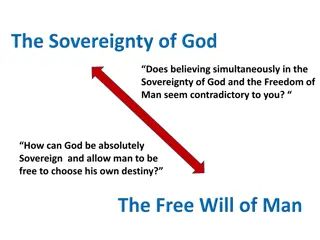Threats to National Sovereignty in a Globalised World
National sovereignty faces threats in a globalised world due to factors like nationalism, westernisation, foreign ownership of companies, and disunity within nations. Issues such as challenges to national identity, consequences of disunity, and inequality caused by globalisation impact the stability and control of nations, especially in the context of powerful elites and failed states.
Download Presentation

Please find below an Image/Link to download the presentation.
The content on the website is provided AS IS for your information and personal use only. It may not be sold, licensed, or shared on other websites without obtaining consent from the author.If you encounter any issues during the download, it is possible that the publisher has removed the file from their server.
You are allowed to download the files provided on this website for personal or commercial use, subject to the condition that they are used lawfully. All files are the property of their respective owners.
The content on the website is provided AS IS for your information and personal use only. It may not be sold, licensed, or shared on other websites without obtaining consent from the author.
E N D
Presentation Transcript
EQ4 Revision Booklet: Migration, Identity and Sovereignty 4: What are the threats to national sovereignty in a more globalised world? Key term Definition Nationalism Facet Westernisation GDP Melting pot Investment properties Disunity BRIC Ogoniland Failed states Powerful elite
8B.10 National identity is an elusive and contested concept. a. Nationalism remains a powerful force; it is reinforced through education, sport and by political parties stressing loyalty to both the institutions and the ideals of nation states. b. Identity and loyalty might be tied to distinctive legal systems, methods of governance, national character or even a landscape (The English Countryside). c. Most countries are multi-national with many contrasting ethnic groups; questions of national identity and loyalty are therefore complex, especially in an era of globalisation. How do the following reinforce nationalism? (p252+253 Oxford) Multinational countries: Contrasting Ethnic Groups: Eg. London percentage of BME compared to NY and Singapore? (p255 Oxford) Education: Sport: Questions of national identity and loyalty? Complexities? Politics: Royalty:
8B.11 There are challenges to national identity a. Many UK-based companies are foreign owned ( EDF or Jaguar Land Rover (JLR)), making Made in Britain an increasingly complex idea. (8) (p256 Oxford) b. Westernisation is often dominated by US cultural values through the operation of large corporations in both retailing and entertainment; this, in turn, promotes a distinctive view of the benefits the dominant capitalist model. c. Ownership of property, land and businesses in countries is increasingly non-national ( Qatari and Russian property in London and US or Indian or Chinese ownership of TNCs), which impacts on national identity. (9) What do we mean by westernisation and US cultural values ? Think of McDonalds/Disney - what are the values of these companies? How have these influenced world culture? (p257 Oxford) Background Case Study information on Qatari/Russian property in London. (p258 Oxford) EDF or Land Rover case study (foreign ownership) US/Indian/Chinese ownership of TNCs (p259 Oxford) Is there evidence of western values in China s culture? (eg. language/education/food/TNCs) (p258 Oxford) Skill: (9) Critical analysis of a variety of source material to identify possible reasons for errors in the assessment of the costs and benefits of foreign ownership (property land and businesses). Skill recap: Could you do this? Be prepared. (8) Use of proportional circles to show size of output and level of foreign ownership of different economic sectors.
8B.12 There are consequences of disunity within nations a. There are strong nationalist movements seeking to create independent, smaller states whilst remaining within larger trading groups ( Catalonia or Scotland in the EU). b. There are significant political tensions in the BRIC and other emerging nations resulting from the uneven pattern of the costs and benefits of globalisation. c. The role of the state is variable and national identity is not always strong, especially in failed states where there are stark differences between the politically and economically powerful elite, foreign investment groups and the wider population (Somalia). (10) How has globalisation caused inequality and tensions within nations? Eg. BRICS (p261 Oxford) What is disunity? A failed state exists where the political or economic system has become so weak that the national government is no longer in control and cannot maintain security or law and order. Somalia, Yemen, Libya and Zimbabwe are examples of failed states. Case Study on Catalonia/Scotland independence. What are the driving forces? (causes). Impacts? (p260 Oxford) Somalia Case Study Ogoni people and Shell: Case Study of TNCs exploiting weak governance and corruption in emerging nations (Nigeria): Background information and impacts Skill: (10) Critical analysis of source material to identify possible misuse of data in the assessment of role of the state and the success in promoting national identity.
